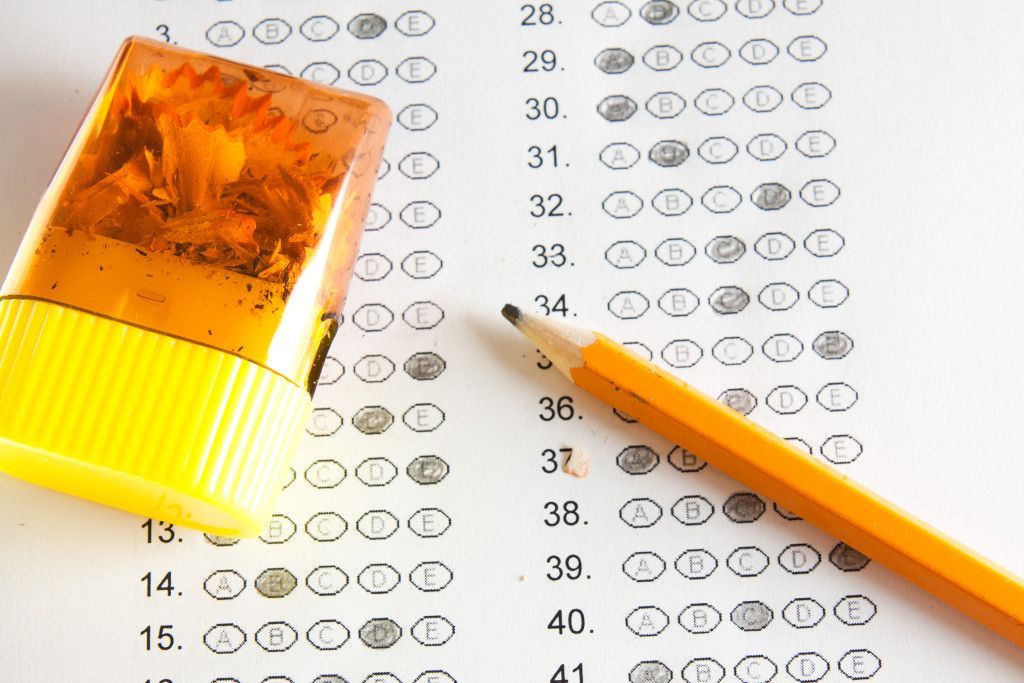INTERNET SAFETY TIPS FOR HIGH SCHOOL STUDENTS
Today we conclude our series on internet safety. After discussing basic tips and rules for elementary and middle school students, we will end talking about tips for high schoolers.
By the time a student reaches high school, they should have a solid understanding of how the internet runs and operates. In this day and age, they have probably been surfing the net (either from a smart phone or a computer) for several years.
However, that does not guarantee that high school students understand the importance of internet safety. The online world is still crawling with predators, stalkers, and pornography. There are also college recruiters and potential employers who preview internet profiles before acceptance.
It is critical that your teen not only understands the importance of being safe online, but also knows where to draw the line when it comes to posting information. Review these rules with your teen. You’re not trying to “spoil their fun”, but are thinking of their future.
Show you care…keep them safe.
1. Keep your profile clean.
According to Kaplan Test Prep, 35% of college admission officers visit an applicant’s social media page before accepting them. The last thing they want to see is evidence of underage drinking, illegal activities, or provocative pictures. Even with privacy settings, absolutely nothing is completely private online. It is important your teen thinks before tweeting “OMG, Geometry is SO boring! I hate school.” Remember to keep it clean. You never know who is viewing your page.
2. Recognize illegal activities.
“Click HERE to claim your prize!” Junk mail and spam continues to cloud inboxes around the world. Over the years, spammers have become more sophisticated. Now more than ever, pop-up boxes and emails can closely resemble the legitimate thing. I recently received a spam email from the local government telling me I needed to appear in court and to open the attachment for more details. Do yourself a favor and install a good spyware on your computer and smart phone. And remind your teen to tell you if anything looks suspicious.
3. NEVER send personal or private information online.
You cannot be too careful online. Your daughter may think she’s sending a picture of her to her classmate – CheerSTAR6721. But in reality, CheerSTAR6721 is a forty-year-old man who is prowling the internet. Even if your daughter does successfully send a picture to her friend, she cannot guarantee her friend won’t share it, too. Once information is posted online, it is no longer their property and it could have serious consequences.
4. Stand up to cyberbullying and report it.
A little teasing may seem to be all in good fun. But repeated teasing can quickly escalate to harassment and cyberbullying. While your teen may be smart enough to avoid it, his friends may not. Encourage your teen to stand up for his friends and report cyberbullying when it occurs. The easy thing to do is to ignore it, but the right thing to do is to be a friend and help.
Staying safe online is everyone’s responsibility. By educating each other about the potential dangers of the internet, we acknowledge that internet safety is still a concern. If we look out for each other, we can keep ourselves and our families safe.
Review Our Internet Safety Tips
- Internet Safety Tips for Elementary School Students
- Internet Safety Tips for Upper Elementary School Students
- Internet Safety Tips for Middle School Students
For more information on how to keep your family safe online, visit www.NetSmartz.org.








